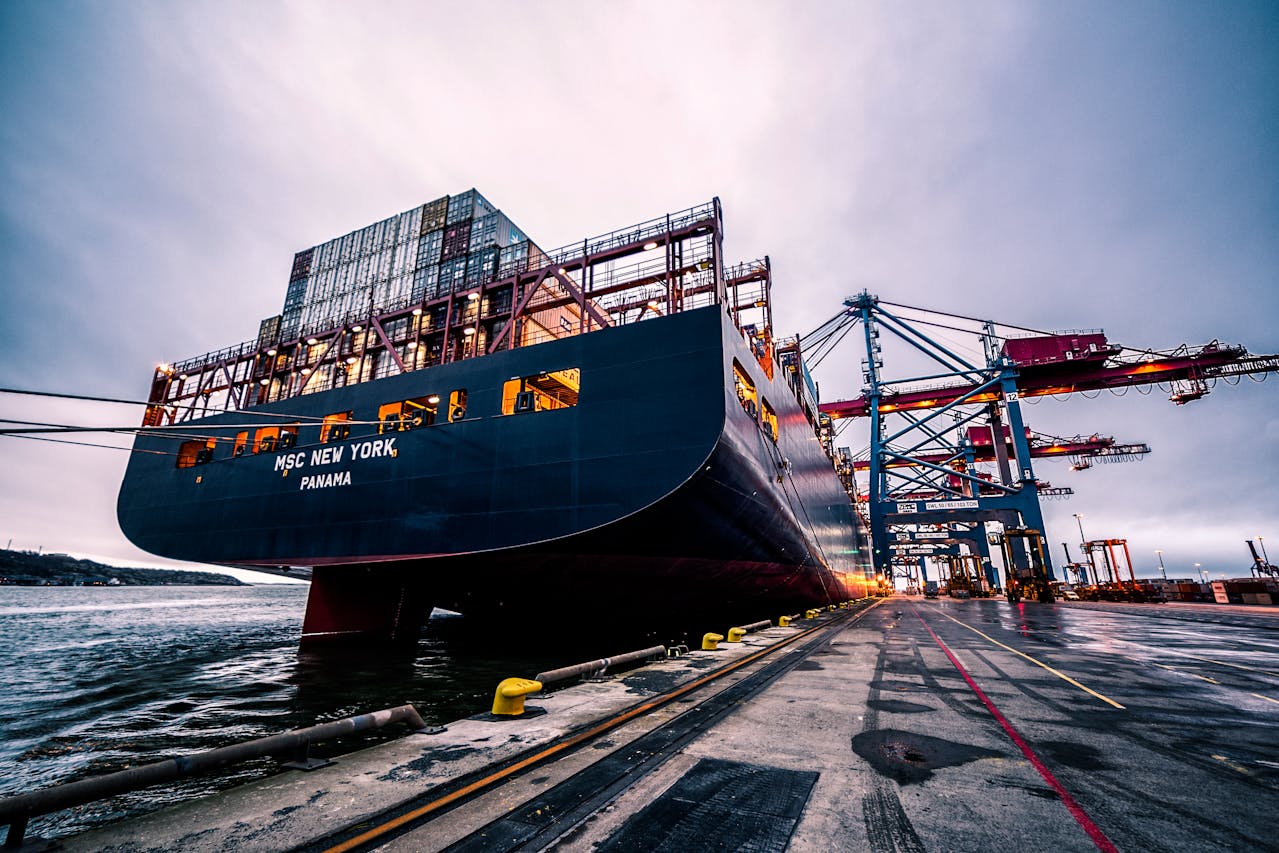In an era where technology evolves at breakneck speed, the logistics industry finds itself at a fascinating crossroads. Change is not just knocking on the door; it has already made itself at home. For logistics managers, the ability to adapt and embrace these changes is not just advantageous—it’s essential. Today, we delve into three groundbreaking innovations reshaping the logistics landscape. Each represents a significant leap forward, offering new opportunities for efficiency, sustainability, and effectiveness in supply chain management.
Advancements in Material Handling
At the heart of every warehouse and distribution center is the critical task of material handling. It’s here that an often-overlooked innovation comes into play: forklift attachments. These tools transform ordinary forklifts into versatile machines capable of handling a wide variety of tasks with precision and efficiency.
Recent developments have introduced smart forklift attachments equipped with sensors and IoT technology, enabling real-time tracking of goods and improving inventory management. These smart attachments can significantly reduce the risk of inventory loss and enhance the accuracy of stock levels. The adoption of automation and robotics in conjunction with forklift attachments is also on the rise, further increasing efficiency and reducing the physical strain on workers.
Moreover, the focus on customizability allows businesses to tailor their equipment to specific operational needs, ensuring that every task, no matter how niche, can be executed with the appropriate tool. As we move forward, the potential for integration with augmented reality (AR) presents an exciting frontier, where operators could receive real-time information and guidance, further revolutionizing material handling. This technological convergence within material handling equipment is setting the stage for a future where operational efficiency and worker safety are significantly enhanced.
The ongoing innovation in forklift attachments and material handling technology not only underscores the industry’s commitment to progress but also highlights the critical role these advancements play in the broader logistics ecosystem.
AI and Machine Learning in Supply Chain Optimization
Imagine a world where predicting supply chain disruptions is not a matter of if but when. That world is now. AI and machine learning technologies have taken the guesswork out of logistics planning. These tools analyze vast datasets to forecast potential issues, suggest optimal routing, and even automate decision-making processes. Companies like Amazon and UPS have already integrated these technologies to streamline operations and minimize delays.
The implications of AI in logistics extend beyond mere prediction. By harnessing the power of machine learning, companies can now optimize inventory levels, reducing waste and ensuring products are available when and where they are needed. This level of optimization leads to more satisfied customers and a healthier bottom line. Moreover, AI technologies are constantly evolving, becoming more accessible and user-friendly, opening up opportunities for businesses of all sizes.
The integration of AI in logistics is not just a phase; it’s the foundation for the future of the industry, promising even greater advancements and efficiencies down the line. As these technologies become more sophisticated, their predictive capabilities will expand, potentially transforming every aspect of logistics from warehousing to last-mile delivery. The possibility for a fully automated supply chain is closer than we might think, poised to redefine efficiency and reliability in logistics.
Sustainable Practices and Green Logistics
The push towards sustainability is more than a trend; it’s a shift in how we think about logistics. Environmental concerns are driving innovation across the board, from electric vehicles (EVs) revolutionizing delivery fleets to biodegradable packaging becoming the norm. Companies are now recognizing that green practices can lead to cost savings and a stronger brand reputation.
Sustainability in logistics also encompasses energy-efficient warehousing and the use of alternative fuels, such as hydrogen and biodiesel, for transportation. These initiatives not only reduce the carbon footprint of logistics operations but also signal a company’s commitment to environmental stewardship, appealing to eco-conscious consumers and stakeholders. The logistics sector is also exploring the circular economy model, aiming to maximize resource efficiency and minimize waste. This approach is not only environmentally responsible but also economically savvy, as it can lead to significant savings and open up new business opportunities.
As technology advances, we can anticipate even more innovative solutions to emerge, further embedding sustainability into the core of logistics operations. This evolution towards sustainable logistics is not only about reducing environmental impact; it’s also about building resilience against the volatile costs associated with traditional energy sources and materials. The integration of green technologies signifies a profound transformation in the logistics industry, paving the way for a future where efficiency and environmental responsibility go hand in hand.
Conclusion
The logistics industry is undergoing a transformation, driven by technological advancements, a growing emphasis on sustainability, and innovations in material handling. For logistics managers, staying informed about these changes is not just beneficial—it’s crucial for survival in a competitive marketplace.
Embracing AI and machine learning can lead to smarter, more efficient supply chains. Adopting sustainable practices can not only reduce environmental impact but also enhance a company’s reputation and compliance. By leveraging the latest in forklift attachments and material handling solutions, businesses can achieve new levels of productivity and safety.
The future of logistics is bright and filled with opportunities for those ready to adapt and innovate. As we look ahead, one thing is clear: the journey is just beginning. The drive towards innovation in logistics is relentless, promising not only to address the challenges of today but also to anticipate the needs of tomorrow. In this dynamic landscape, the only constant is change, and the ability to navigate this change will define the leaders of the logistics industry in the years to come.

